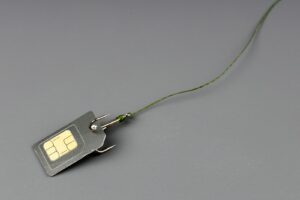Continued tech fallout from Afghan, with lessons for data management
I talked last week about leaving behind biometric scanners in Afghanistan, and how that is opening potential security risks. Politico is highlighting more risks here. Quoting them. For decades,...
More from Podcast StoryMore posts in Podcast Story »
- Microsoft Offers $1 Security Updates for Schools, Addressing Windows 10 E-Waste Concerns
- AltStore PAL Launches as the First Alternative App Store for iPhone in the EU
- Rethinking the Term ‘User’: Advocating for More Precise Language in Tech Interactions
- T-Mobile and Verizon Employees Targeted in Bribery Schemes for SIM Swaps
- D&H Distributing Boosts Credit for 600+ SMB Channel Partners to Fuel Growth

 Unlock with Patreon
Unlock with Patreon


